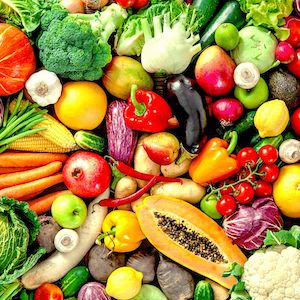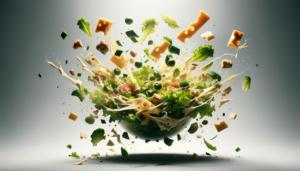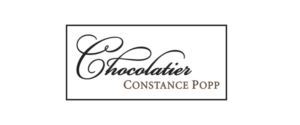In the coming months, our project team members will be reaching out, building relationships and engaging with organizations, programs and models that can help inform the design and development of a professional commercial kitchen, Indigenous “food lab” and outdoor “living lab” community garden.
Our program is excited about the prospect of engaging with the UArctic Thematic Network on Northern Food Security. Their network’s focus on Indigenous peoples’ food cultures, and its commitment to academic and research activities, like the Arctic Foods Innovation Cluster seem to align really well with our objectives in advancing Northern food security and self-sufficiency. We are super keen to learn more about the valuable work this thematic network is doing and to explore potential avenues for collaboration and partnership.
Most of all though, we’re looking to engage with other Indigenous-led food security and food sector entrepreneurship programs. We want to be able to learn about how they’ve designed their programs, and models. We would also like to explore some of the barriers, challenges and opportunities that are out there.
Here’s some of the examples we’re really interested to learn more about:
Indigenous Food Lab: A professional Indigenous kitchen and training center
The Indigenous Food Lab is an education and training center that serves as the heart of NATIFS’ work establishing a new Indigenous food system that reintegrates Native foods and Indigenous-focused education into tribal communities across North America. We work to develop and support Indigenous kitchens and food enterprises in tribal communities, bringing cultural, nutritional, and economic revitalization across North America!
Arctic Food Innovation Cluster
Sustainable Development Working Group, Arctic Council
The Arctic Foods Innovation Cluster (AFIC) will pull together relevant people in the Arctic foods value chain for a cluster-based approach to food production and regional economic development. We understand food production to encompass traditional, artisanal, and industry-scale production of natural resources into food for own, national, and international consumption. Innovation Clusters have been defined as: inter-connected firms and institutions working in a common industry. They involve the creation of collaborative and dynamic relationships between various players around common goals, innovative ideas, knowledge sharing, public and private investment. Clusters foster a collaborative environment around a common framework designed to promote synergy and innovation.
Government of Manitoba Food Development Centre
Manitoba Agriculture’s Food Development Centre (FDC) is a fee-for-service facility that provides product commercialization with technical and research assistance for agri-food businesses, with a services focus on plant and animal protein products and ingredients to support the Manitoba Protein Advantage (MPA). We’re really excited to be meeting with them in early November.
The UMD Land Lab is best understood as part of the growth of regionally collaborative laboratories for landscape-scale action research in agricultural, environmental and conservation settings. The environmental changes that we are experiencing are global in scope but manifest themselves at local and regional scales. Developing, evaluating, and advising communities on workable solutions is increasingly urgent for communities and regions.













